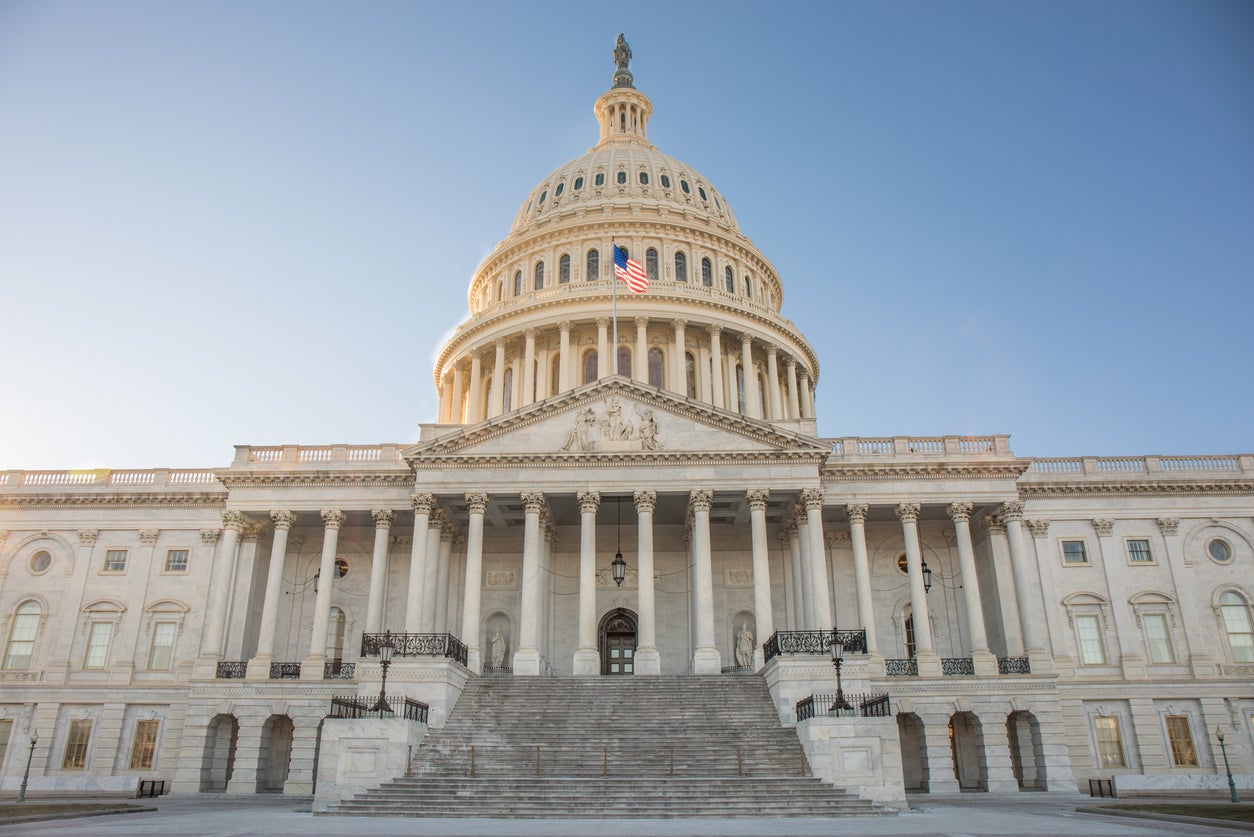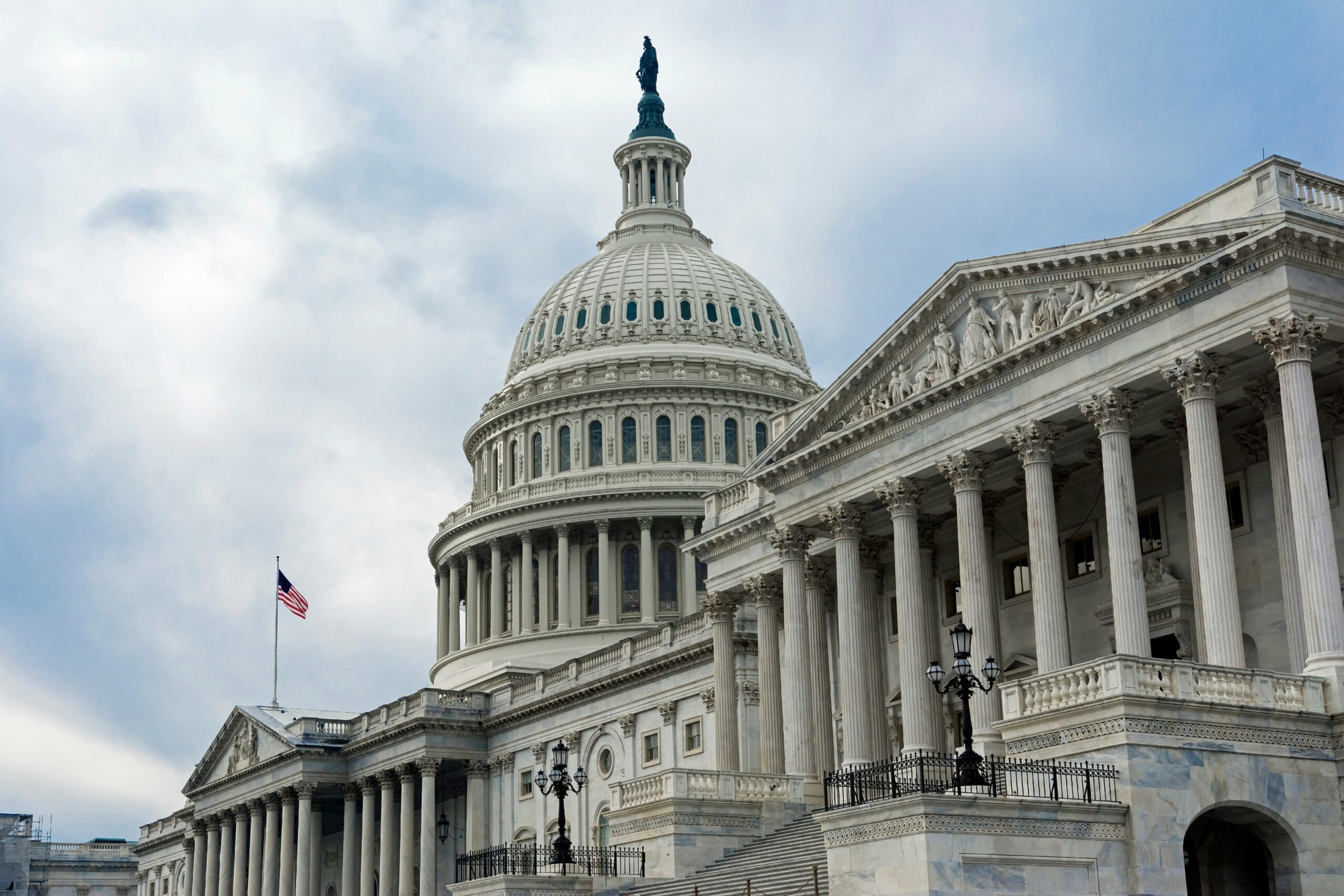CBA Comment Letter re HSFC Markup within “Comprehensive Debt Collection Improvement Act”

Dear Chair Waters and Ranking Member McHenry:
On behalf of the Consumer Bankers Association (CBA), I am writing to share our views on two key pieces of legislation scheduled for consideration during your full Committee markup on Tuesday, April 20th.
CBA is entering our 102nd year as the voice of retail banking in Washington, D.C. and strongly advocates for polices that allow banks to continue offering well-regulated services to families and small businesses across the country. We are the only member-driven trade association focused exclusively on retail banking. Whether buying a home, financing an education, or launching a small business, our members partner with consumers to help them achieve their unique dreams. Our corporate members include the nation’s largest retail banks serving every part of the country, 85% of which hold over $10 billion in assets. CBA members are also the private sector lenders that make the majority of private education loans to help families finance a postsecondary education. At this time of extreme uncertainty, our banks remain in strong financial condition and are stepping up to serve the needs of consumers and small businesses.
Included below are concerns we raise with the Committee on two provisions contained within the “Comprehensive Debt Collection Improvement Act” that will have unintended or negative impacts on individuals and the banking services they pursue, including student loans.
Title III- “Private Loan Disability Discharge Act of 2019” (Dean)
The Private Loan Disability Discharge Act of 2019 is unnecessary and would impose unhelpful bureaucracy into a situation where banks are already doing what the legislation would mandate. Currently, banks are discharging private student loans when the borrower becomes totally and permanently disabled. Adding a federal mandate with various extra steps and requirements will only hinder a well-functioning process and not provide any help to private student loan borrowers.
Title V- “Ending Debt Collection Harassment Act of 2019” (Pressley)
The Fair Debt Collection Practices Act (FDCPA) is not intended to apply to banks, though many voluntarily comply through normal business practices. The CFPB confirmed this in rulemaking last year.1 Nonetheless we note that while the FDCPA does not apply directly to banks, it was modified last year to allow text and email communications between third-party debt collectors and customers under certain conditions. This change occurred in part because customers increasingly want to receive communications over text or email instead of phone calls or U.S. mail. The modifications did not impose a strict limit on those communications because it is hard to design a one-size-fits-all limit: what could be discussed in a 3-minute phone call could take 5, 10, or more text messages. The CFPB already has authority to punish debt collectors who abuse this privilege, and they have not hesitated to do so in the past. Provisions in this legislation requiring specific consent for texts and emails, and their frequency, will create confusing opt-in systems that will overall make it more difficult to reach customers over their often-preferred mode of communication.
Thank you again for your decisive actions and leadership during this time. We look forward to working with you on all these proposals to ensure the best possible outcome for consumers and lenders.
Sincerely,
Richard Hunt
President and CEO



